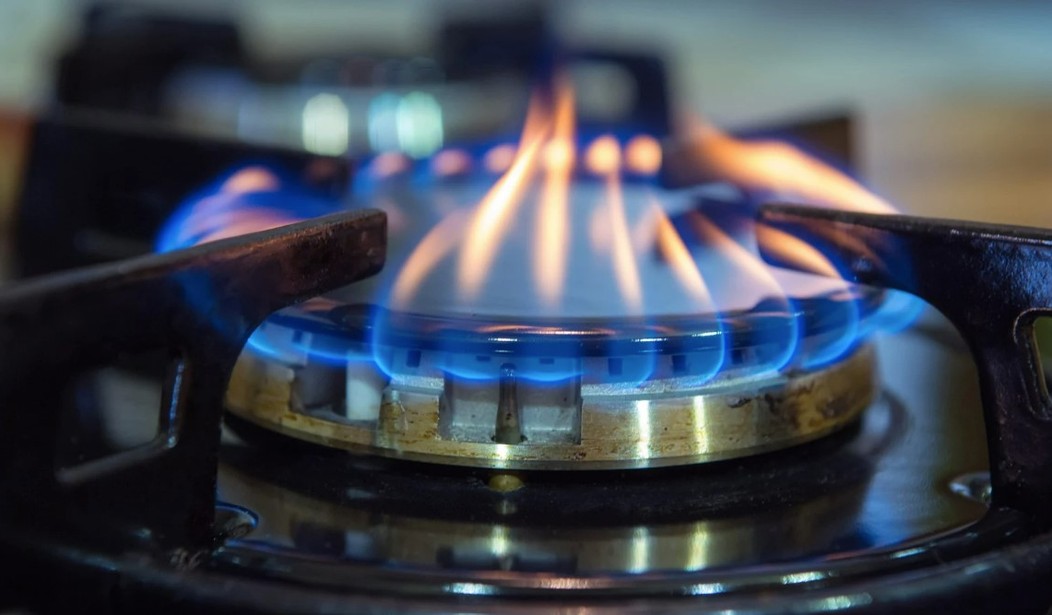Back in 2019, the liberal stronghold of Berkeley, California became the first city to ban natural gas hookups in most new construction projects. The California Restaurant Association took them to court almost immediately. Their complaint had less to do with the freedom to cook food in whatever fashion they chose than a technical argument stating that the ban violated the Energy Policy and Conservation Act (EPCA). While Berkeley prevailed initially in a lower court, the suit was upheld on appeal yesterday by the Ninth Circuit. Considering how many blue state and municipal governments around the country are currently trying to ban gas stoves and natural gas in general, this decision could have wide-ranging implications. Of course, the city is planning to appeal, so the argument isn’t over yet. (Bloomberg)
A California city’s ordinance banning natural gas hookups in new buildings was toppled Monday by the Ninth Circuit, which said that the ordinance is preempted by federal law.
The panel’s decision was a win for the California Restaurant Association, which argued the Berkeley, Calif., ordinance was preempted by the Energy Policy and Conservation Act. The city said the ordinance would help control emissions and “eliminate obsolete natural gas infrastructure.” But it effectively amounted to a ban on natural gas appliances, the CRA told the US Court of Appeals for the Ninth Circuit.
“Berkley can’t bypass preemption by banning natural gas piping within buildings rather than banning natural gas products themselves,” the panel wrote.
The EPCA was passed back in the 70s in response to the oil and gas shortages that threatened to paralyze the country. It was the same period when the Strategic Petroleum Reserve was established, aiming to ensure America’s energy independence as much as possible. Under the act, bans on the use of various energy sources are not allowed.
Berkeley tried to argue that it wasn’t banning the use of natural gas, but rather altering building codes to regulate what types of installations would be allowed. But the court determined that banning the installation of gas lines would amount to a de facto ban on natural gas. New York City has already passed a ban on gas stoves and natural gas hookups in new buildings less than seven stories in height beginning next year. If the precedent set yesterday stands up under challenge, New York’s law may be on the way out as well.
One notable aspect of this decision involves Donald Trump. For decades, the 9th Circuit was regarded as the most liberal court in the nation, with a significant majority of justices appointed by Democrats. But from 2016 until 2021, Trump and Mitch McConnell took a wrecking ball to that imbalance. As the L.A. Times noted earlier this year, a lack of retirements has prevented Joe Biden from swinging that pendulum back in the other direction. If this case had been heard seven years ago, it probably would have gone the other way.
Sadly, the EPCA doesn’t place any limits on the White House when it comes to the Strategic Petroleum Reserve. In fact, it places the control of many energy matters directly in the hands of the President. Of course, it was written at a time when Congress assumed that presidents would always act in the interest of maintaining the country’s energy security. They were clearly unable to foresee the era of climate alarmism and Joe Biden on the horizon.







Join the conversation as a VIP Member